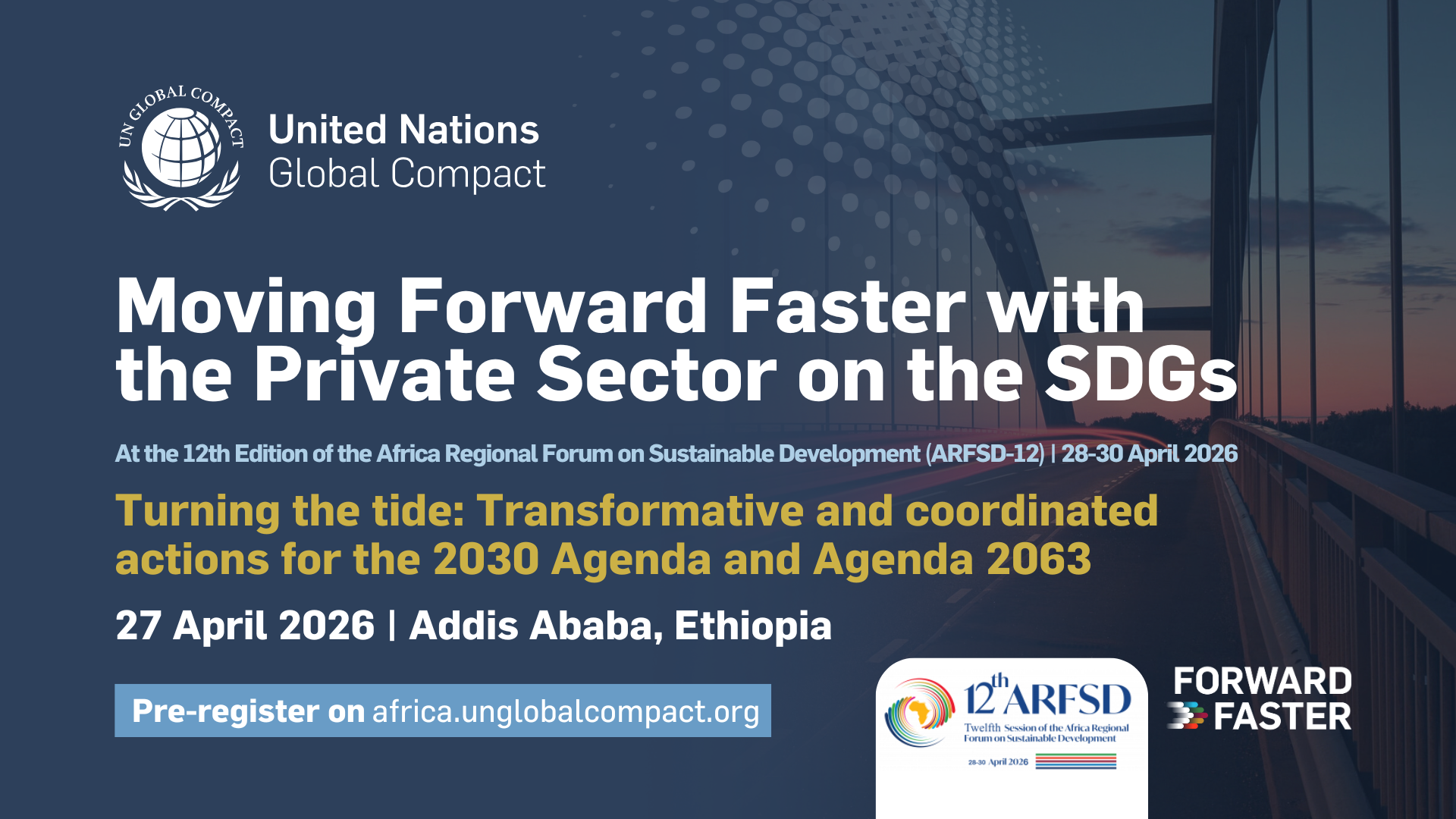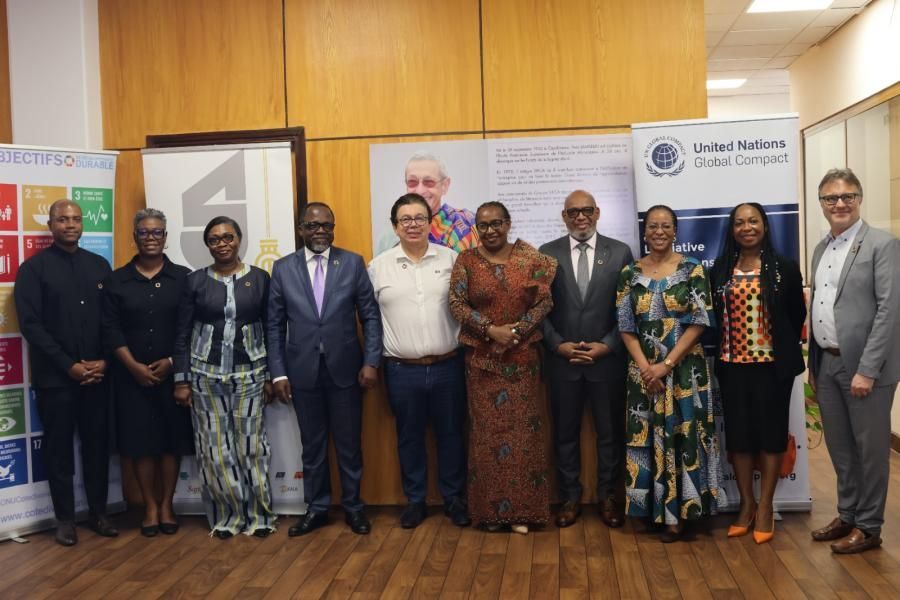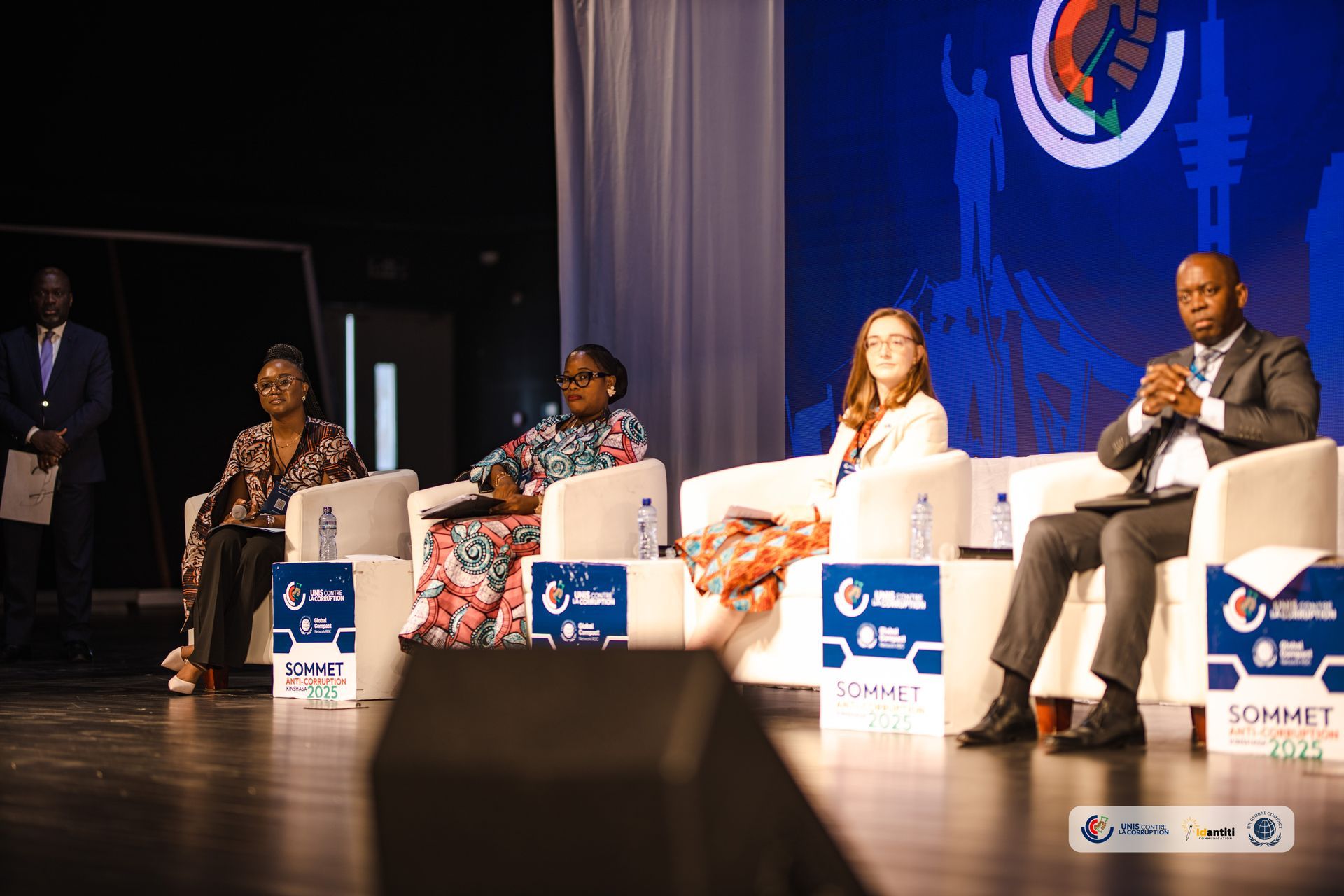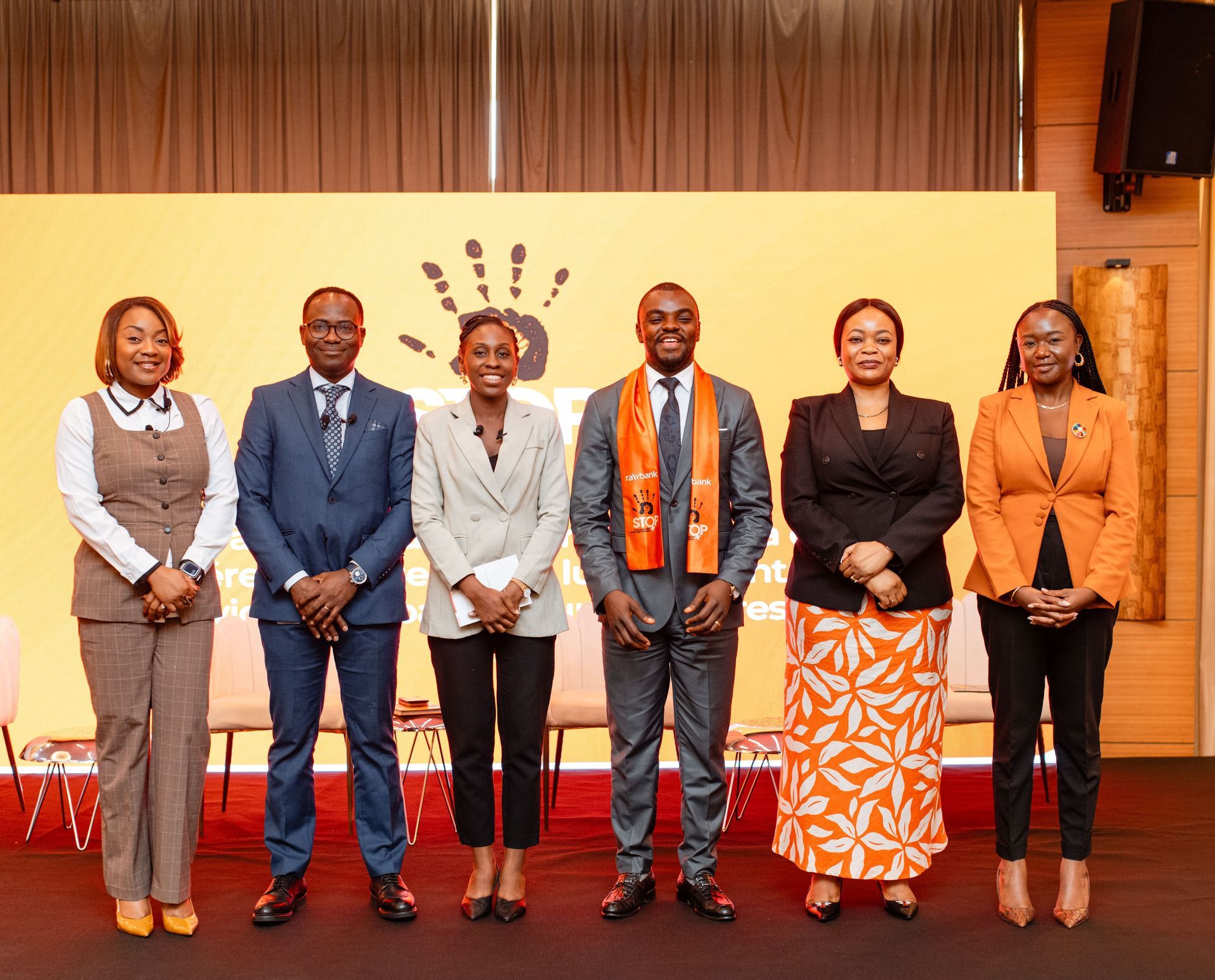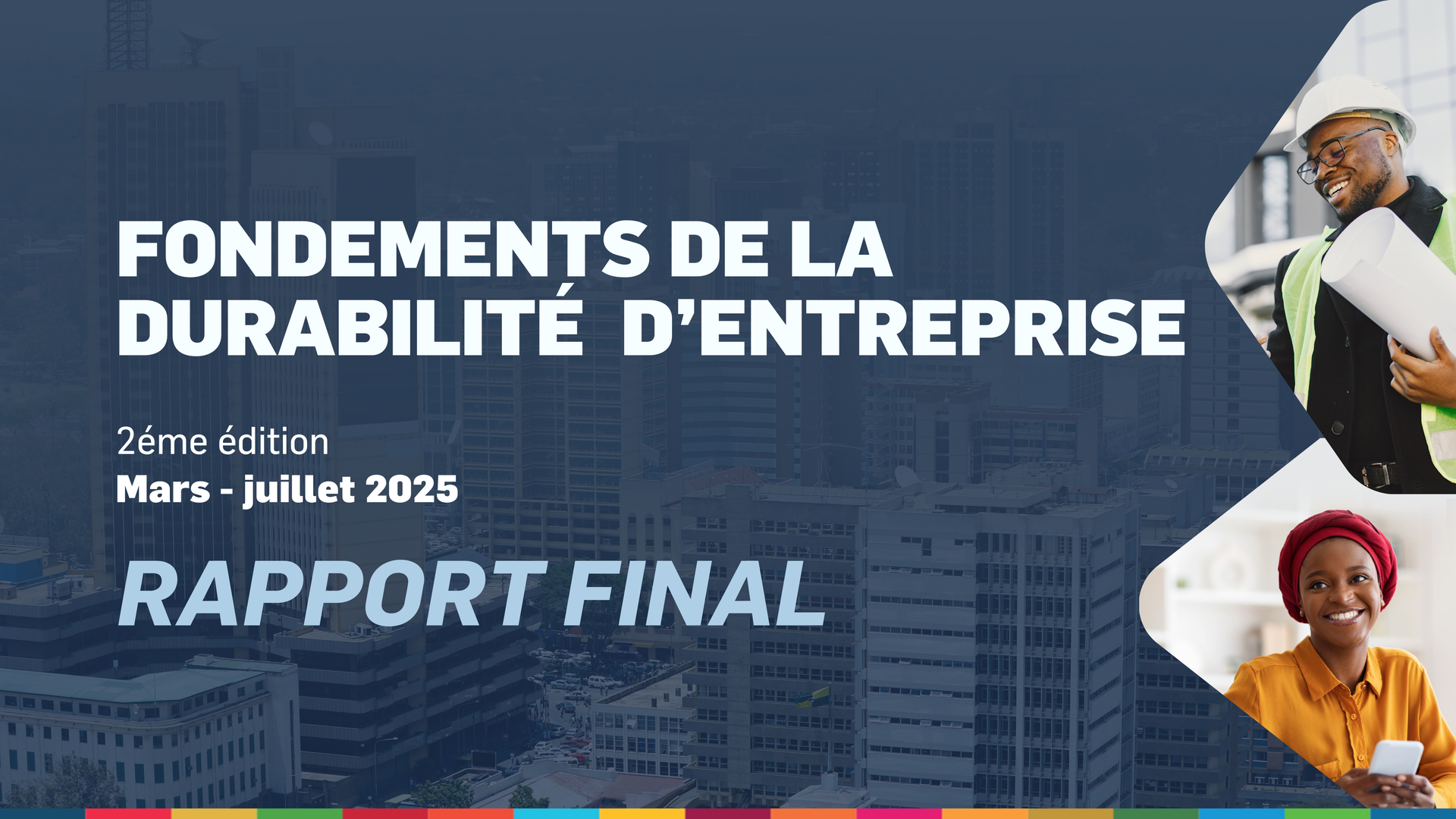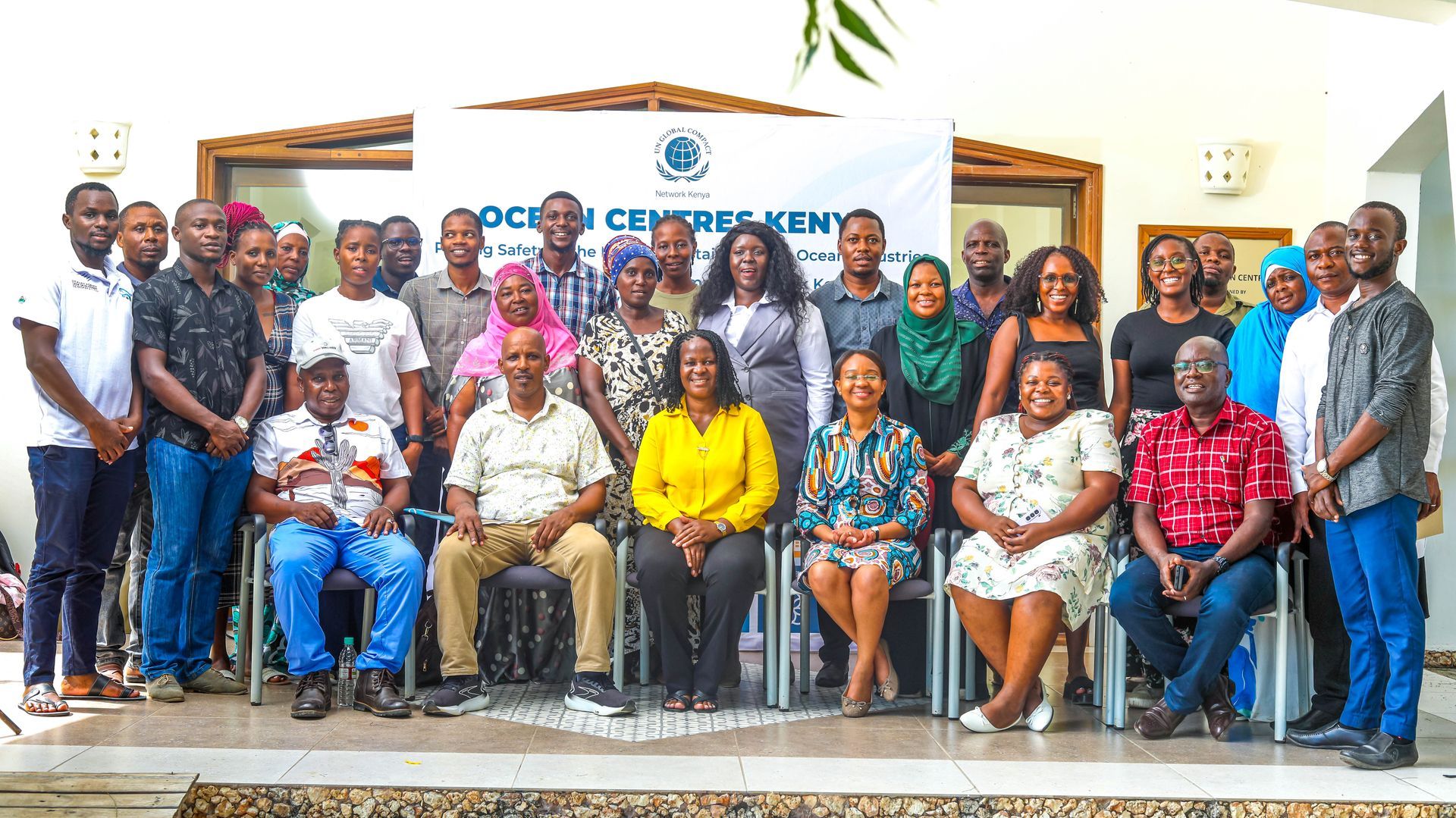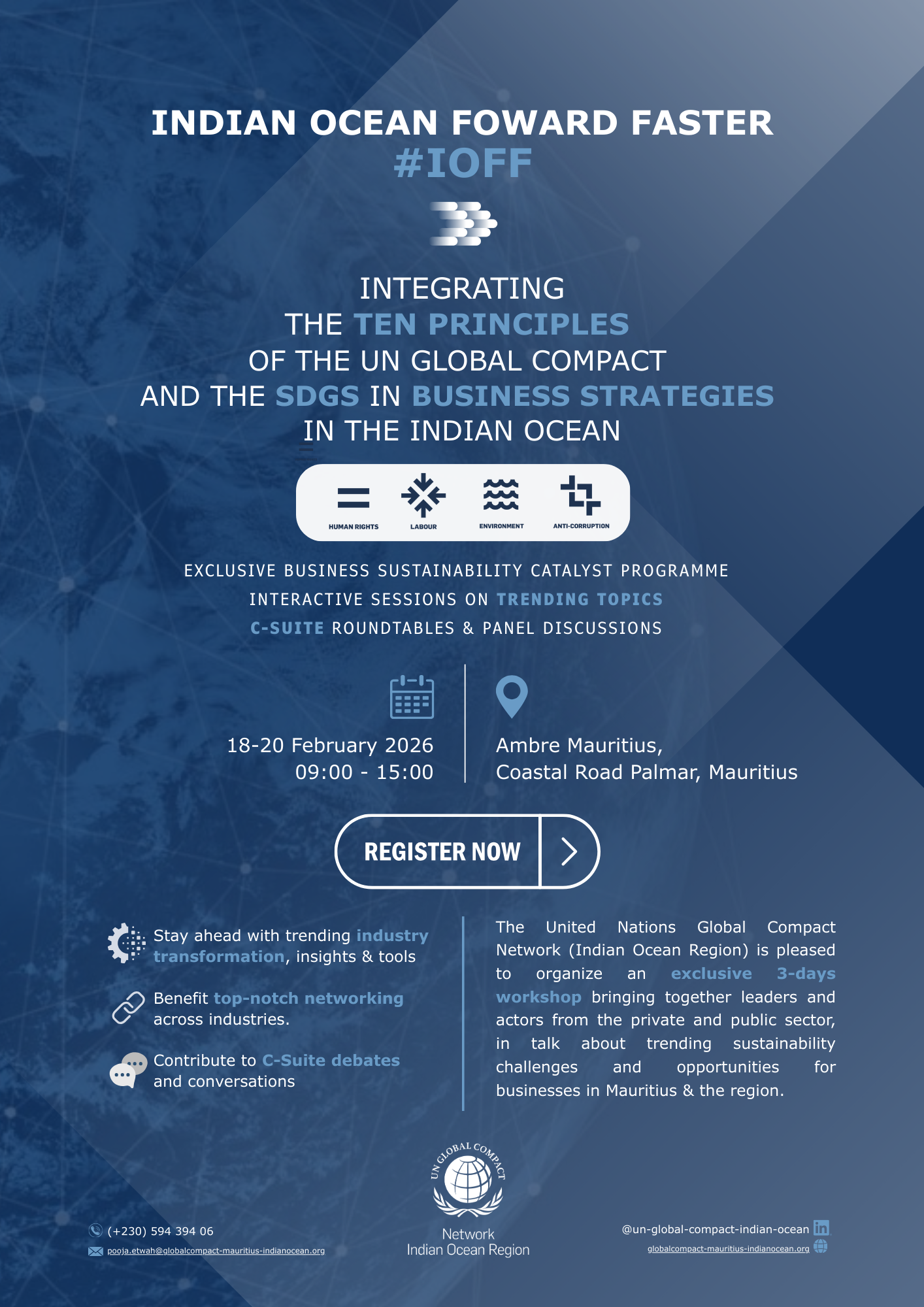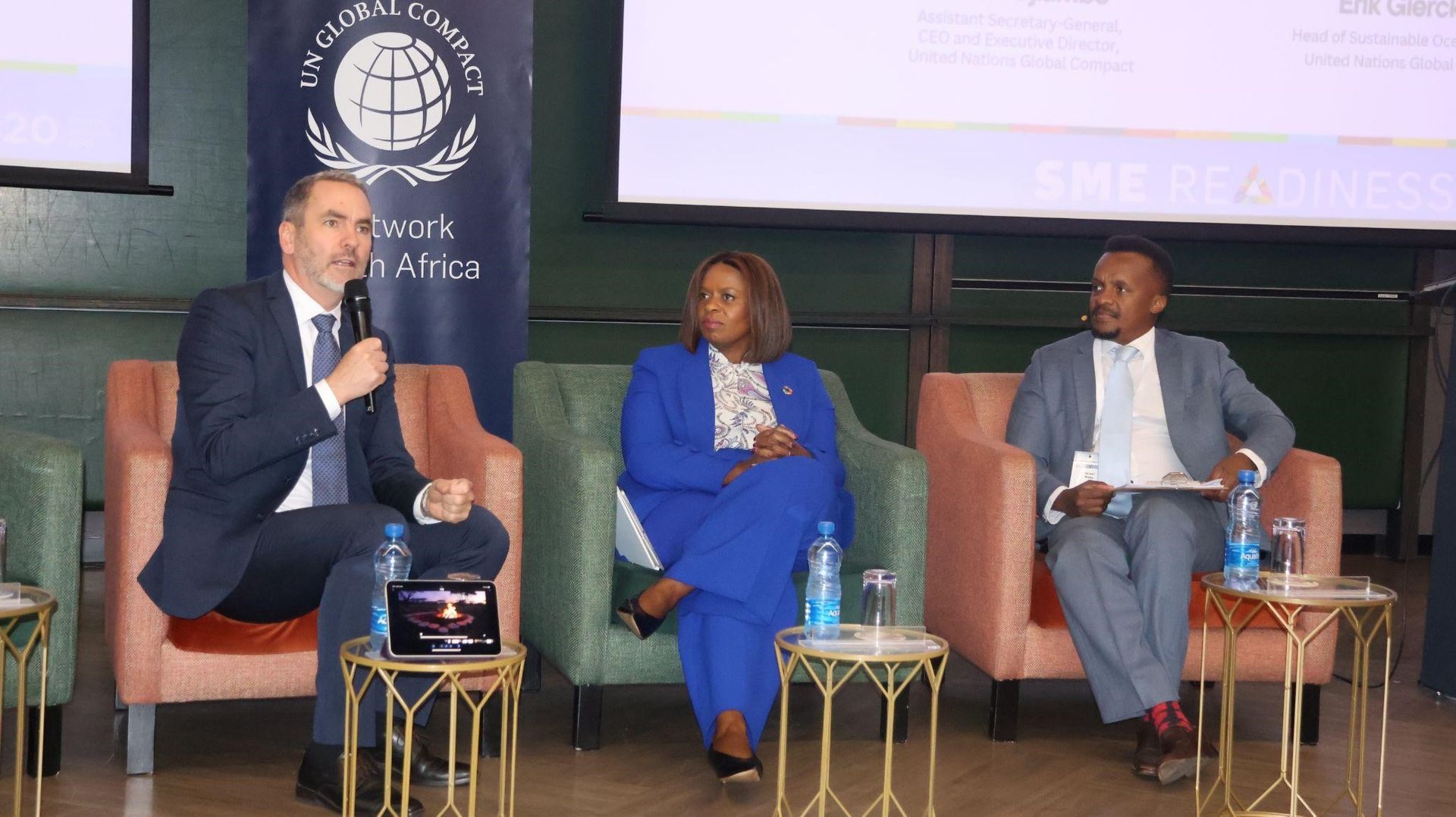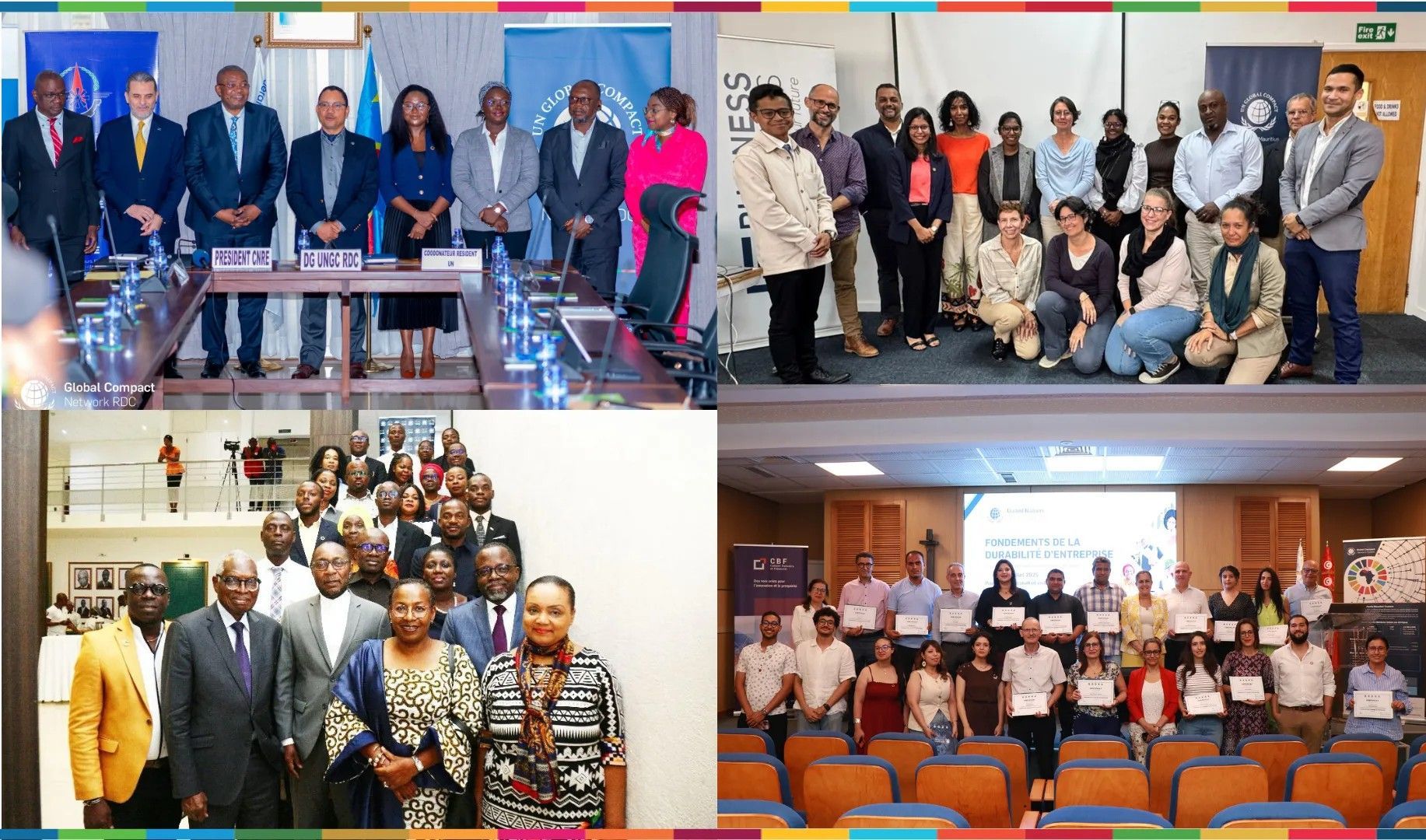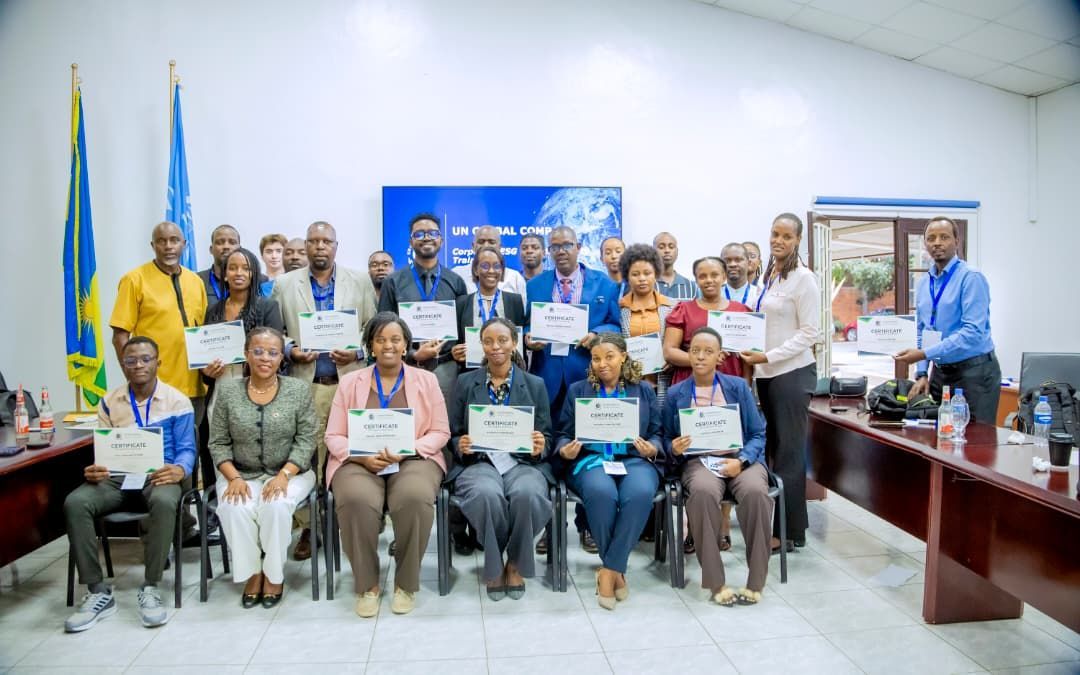Business Leaders Urged to Prioritize ESG Integration at Rwanda CEO Roundtable
Business Leaders Urged to Prioritize ESG Integration at Rwanda CEO Roundtable
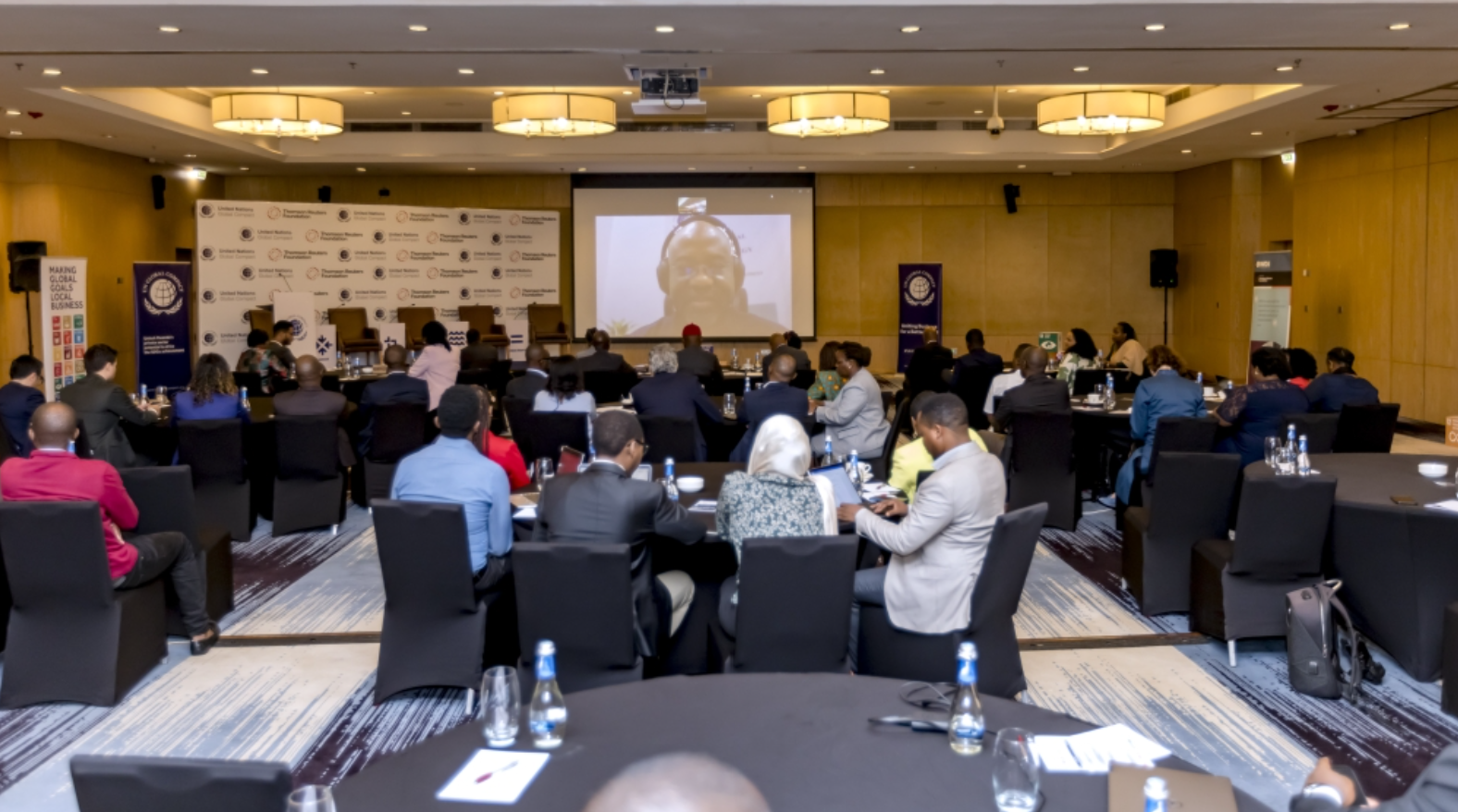
The United Nations Global Compact in Rwanda recently convened a high-level CEO Roundtable in Kigali, Rwanda, under the theme “Integrating ESG Standards in Business Strategy: A Pathway to Sustainable Growth and Corporate Accountability.” Held on 12 March, 2025, the event brought together over 50 CEOs, UN officials, and executive leaders from diverse sectors to explore the critical role of the private sector in advancing Rwanda’s sustainable development agenda.
African businesses are pivotal drivers of the Sustainable Development Goals (SDGs), contributing significantly to economic growth, job creation, and innovation. For instance, the private sector has been instrumental in addressing SDG 8 (Decent Work and Economic Growth) by creating millions of jobs and fostering SDG 9 (Industry, Innovation, and Infrastructure) through sustainable practices. With the African Continental Free Trade Area (AfCFTA) projected to boost intra-African trade by 52%, the private sector’s role in achieving Agenda 2063 and the SDGs has never been more critical.
The Roundtable provided a platform for business leaders to share insights on integrating Environmental, Social, and Governance (ESG) standards into their strategies, particularly in aligning with human rights principles. Discussions emphasized the importance of ethical practices, collaboration, and innovation in driving sustainable growth. Participants also explored opportunities to establish a UN Global Compact Network Rwanda in 2025, further strengthening the country’s commitment to corporate sustainability.
Rwanda’s economy, with a GDP of approximately 18.9 trillion Rwandan francs (about $13.2 billion USD) at current market prices, is driven by a diverse mix of sectors. The services sector leads, contributing 48% to the GDP, followed by agriculture at 25% and industry at 21%. Businesses, particularly in the services and industrial sectors, play a pivotal role in this economic contribution. Rwanda’s ambitious vision to become an upper-middle-income country by 2035 and a high-income nation by 2050 highlights the critical importance of private sector involvement in achieving these goals. Since the launch of the UN Global Compact in Rwanda in June 2023, over 20 companies have joined the initiative, demonstrating their commitment to responsible business practices.
The event also unveiled plans to establish a permanent UN Global Compact Rwanda Network office in Kigali by 2025, marking a significant step in strengthening the initiative’s presence and impact in the region. Marie-Claire Dushimumukiza, UN Global Compact Rwanda’s Country Manager, underscored how these efforts align with Rwanda’s national priorities and the Sustainable Development Goals (SDGs), creating opportunities for growth and collaboration. Hervé Lado, Africa Regional Head, praised Rwanda’s rapid progress in advancing sustainable business practices, noting the country’s leadership in fostering innovation and accountability within the private sector.
Martin Ochieng, Group Managing Director & CEO of Sasini Plc and Board Chair of UN Global Compact Network Kenya, emphasized that human rights and gender equality must be embraced at all levels of a company. He urged firms to actively integrate these principles rather than citing a lack of skilled women in the workforce. “Stop doing it by default. Be deliberate,” he advised. Ochieng called on business leaders to implement policies and workplace cultures that foster genuine inclusivity, ensuring women have the support, resources, and opportunities to drive meaningful impact at decision-making levels. In his address, the UN Resident Coordinator Ozonnia Ojielo called on business leaders to unite and reaffirm their commitment to these principles, highlighting the importance of collective action in driving sustainable development.
The Roundtable concluded with a call to action for businesses to leverage the UN Global Compact platform to translate sustainability ambitions into measurable impact, which led to five prospective new companies requesting participation in the Global Compact, reaffirming the collective commitment to a prosperous and sustainable future for Rwanda and Africa at large.
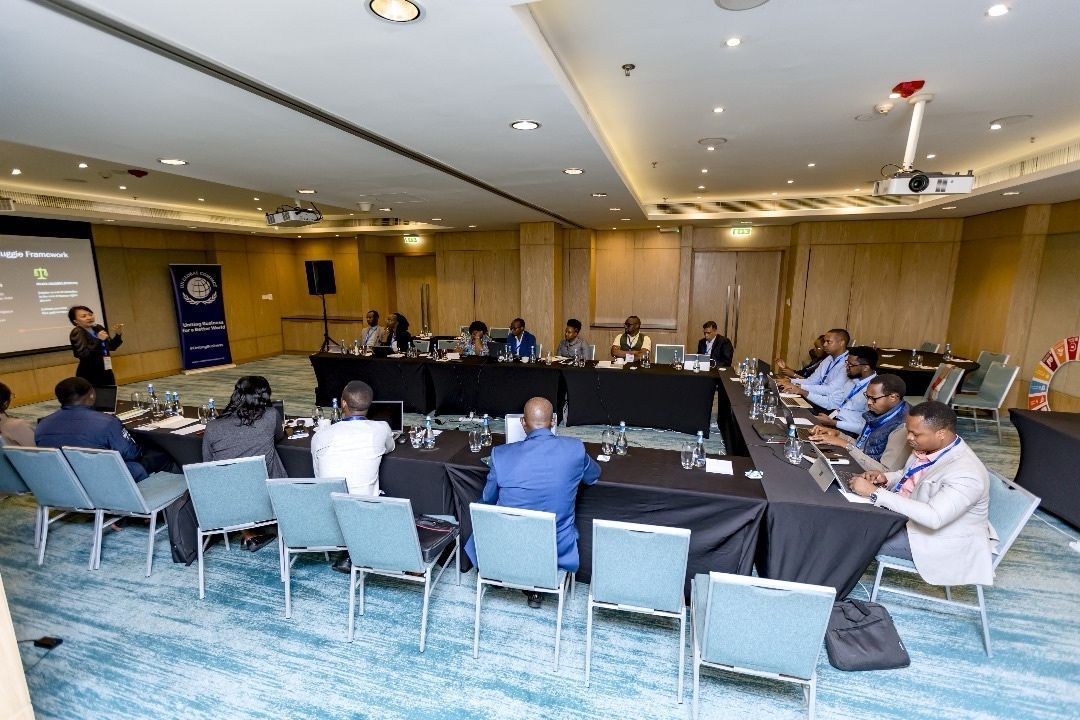
The Roundtable came after a two-day capacity-building session on Human Rights in ESG and Responsible Tax Practices hosted by the UN Global Compact in Rwanda and the Thomson Reuters Foundation from March 10 to 11, 2025. The training engaged 22 participants from diverse sectors, equipping them with skills to create action plans for fairer societies and businesses. Key topics included global and regional regulations, the UN Guiding Principles on Business and Human Rights (UNGPs), taxation’s role in social justice, and strategies to combat illicit financial flows (IFFs) while promoting responsible tax practices. The sessions aimed to reduce inequality, environmental degradation, and uphold human rights through actionable strategies. Participants also benefited from networking and post-training support to apply insights in global and local contexts.
